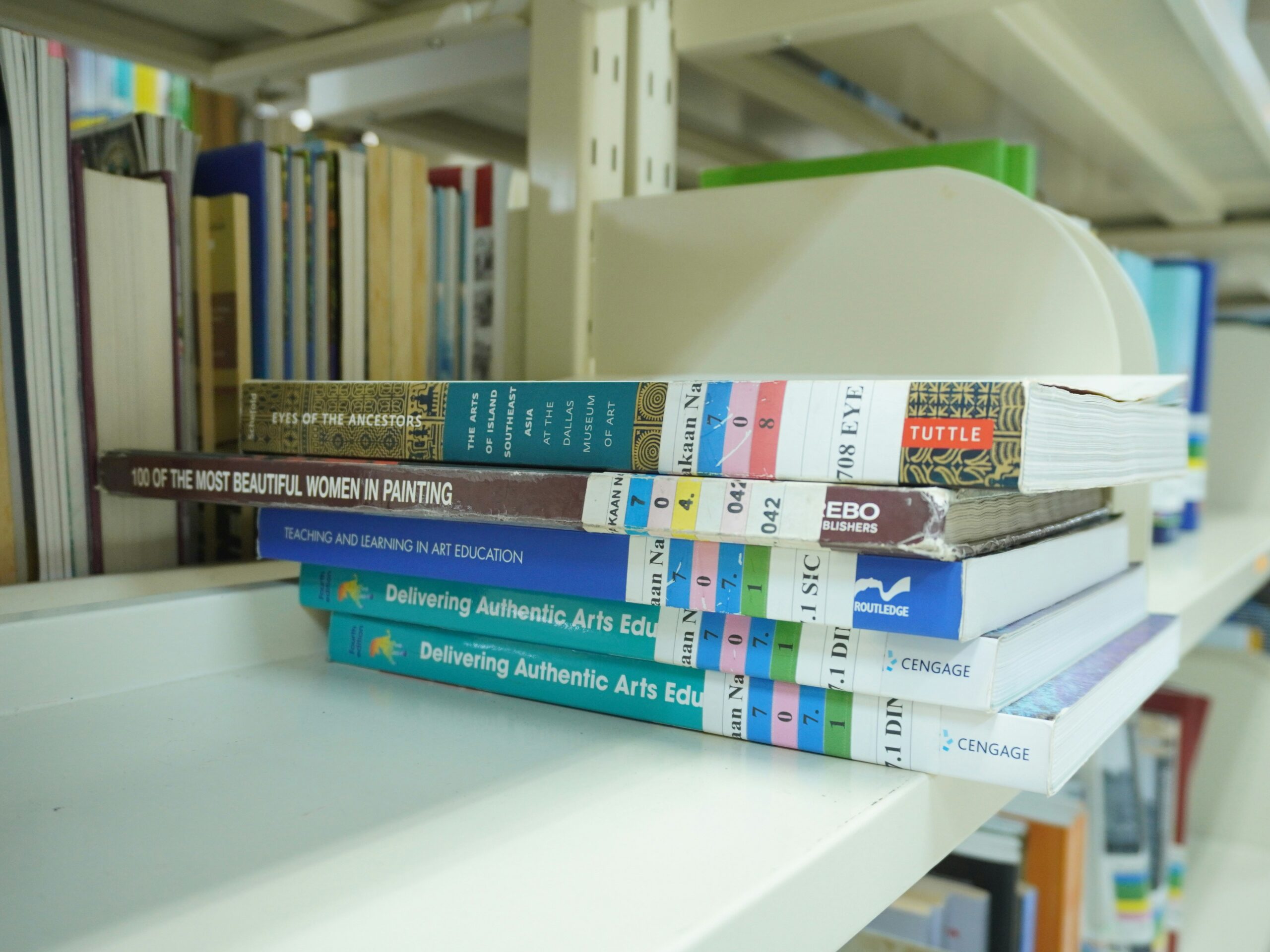Hefty textbook lists have clear class implications and rack up expenses for financially vulnerable students.
In conversations on the expenses associated with post-secondary education, tuition costs are often at the forefront of concerns — understandably so, as tuition continues to increase in Canada, especially for international students.
Though all education should be entirely free, tuition has become a normalized, non-negotiable cost required to access post-secondary institutions in Canada. Tuition costs rack up in the thousands of dollars for many students, but at least these costs will allow them to build their educational skill set and procure financial stability, right?
Unfortunately, tuition costs are not the end-all-be-all of educational expenses in university.
Though tuition costs give students access to an array of insightful courses to help them delve into their passions while also bringing them on-campus perks outside of academic responsibilities, tuition does not account for everything.
I would guess that almost every student has had to buy assigned textbooks or course materials for a majority of the classes they’ve taken. Speaking for myself, I have had a select few classes that did not require students to buy any texts, but I have ultimately had to pay for books consistently throughout my degree.
Students have sought out cheaper — or even free — methods to get access to textbooks to evade extra costs, including buying used books, sharing with others in their programs or accessing books through libraries, to name a few.
Though these methods work in some instances, courses sometimes require a specific edition of a text or a digital version only available for rent. Though assigning certain editions ensures that the class and their instructor are accessing the same readings, it also makes it more difficult to use cost-effective methods to secure your textbooks.
It is important to note that many of the texts I have had to buy throughout my degree have been integral to my understanding of course concepts and developing an interest in the material beyond the course at hand; several assigned texts have remained on my bookshelf, regularly reread.
Secondary course texts are incredibly valuable for students; course texts compliment and solidify course concepts, leaving students with a collection of written knowledge after their courses end.
However, it is also important to note that I am in a privileged position to be able to purchase access to these important texts on top of the seemingly insurmountable costs of university in the first place.
Years ago, digital eBooks were framed as a way to make university cheaper for students, as selling textbooks online could save printing and distribution costs. These eBooks could be bought or rented, using the latter option to cut back on costs further.
Even with the widespread use of digital textbooks, students are still left paying dozens to access these learning materials for merely 180 days, thus losing the ability to look back at their old course texts out of personal interest — unless they can dish out more cash for the far more expensive physical copy itself.
In some cases, digital textbooks are not a cheaper alternative, but instead a vehicle for course assignment delivery. The Ontario Undergraduate Student Alliance (OUSA) notes that many courses now require digital textbooks with built-in assignments, meaning that being unable to purchase the course text does more than limit your capacity for success in your class — it restricts it entirely.
I recognize that the process of packaging and selling knowledge has been made necessary through profit-motives in research born from our neo-liberal political reality. I think that it is unfair that students must be the ones supplying this profit, especially when students themselves often lack financial stability.
Discussing the class implications of university expenses is hard, as it often seems that there is no path forward. I’d wager that most students understand that textbook costs are not the fault of instructors or the university itself, but rather the broader profit-driven and classist nature of knowledge exchange.
Speaking from experience, it can sometimes feel oddly hypocritical to learn about the power and class implications of education through a textbook I’ve paid almost one hundred dollars for — a feeling I am confident resonates with students of the Humanities and Social Science departments especially.
Though there is not a clear solution ahead for this issue, I believe that being aware of the exclusionary consequences of high textbook costs is integral to cultivating a solution at some point.
It is not fair that students must pay thousands of dollars to enter post-secondary educational institutions, but it feels like a further injustice to make them spend hundreds more to be successful in these institutions. Students deserve to have their financial burdens eased during their time in university; being able to focus entirely on school would allow students to get the most out of their university experience instead of worrying about which textbook they’ll have to work overtime to pay for this semester.

